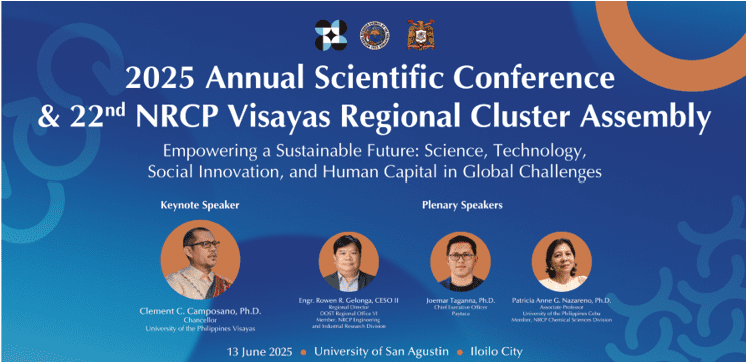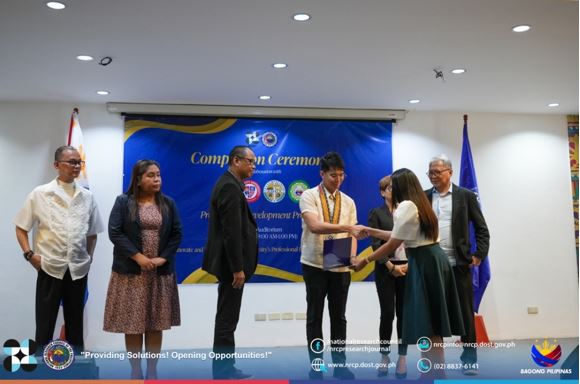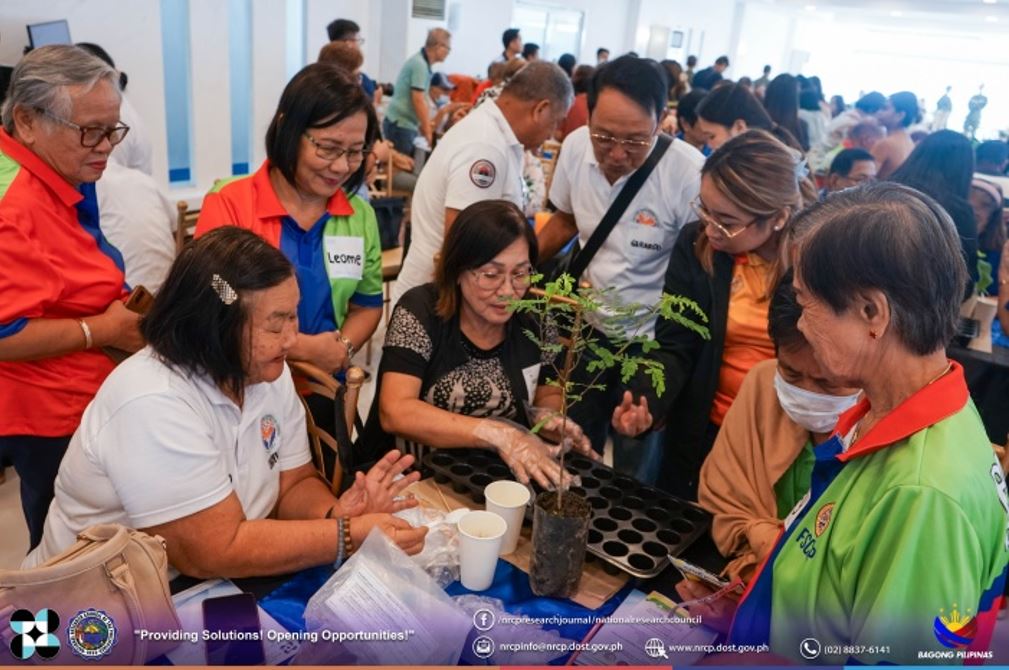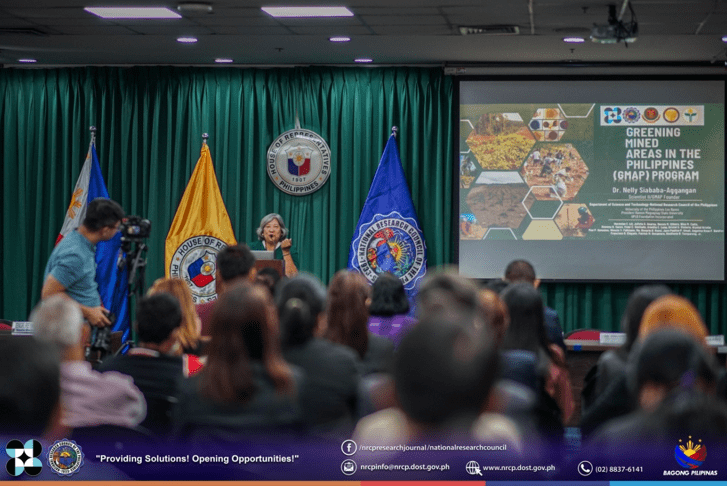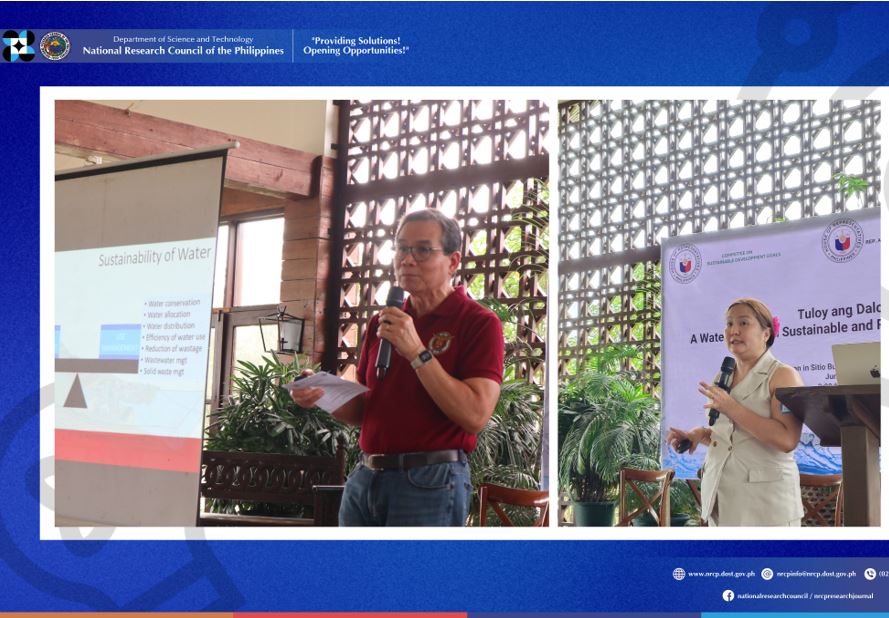Training Catanduanes Farmers to Identify Abaca Diseases and Viruses to Sustain Abaca Industry
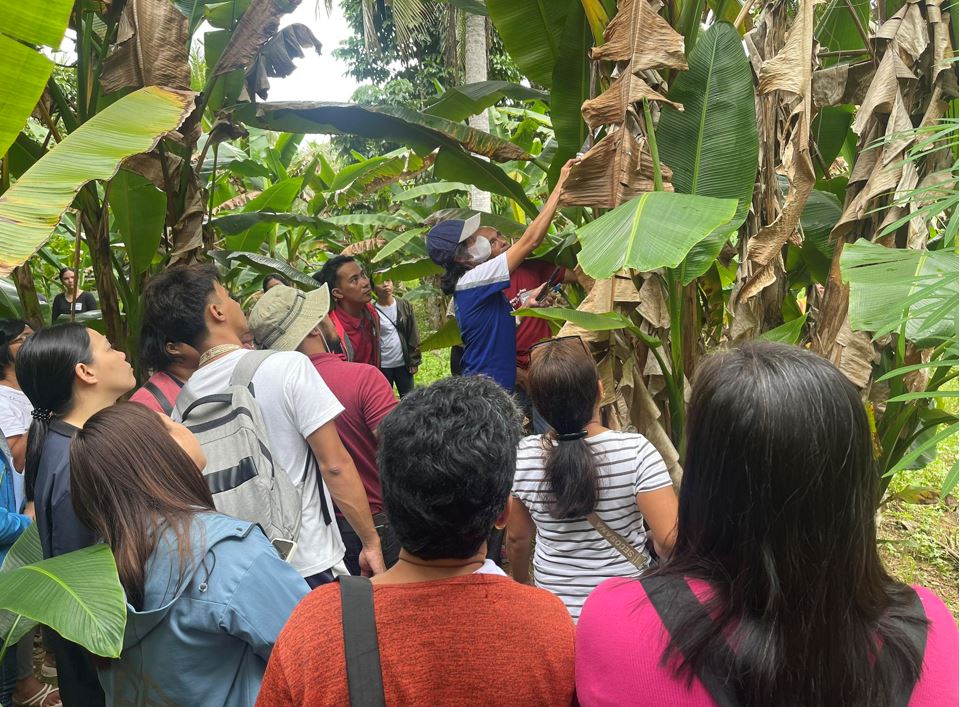
Twenty-one abaca farmers from Catanduanes found renewed hope through a training program on abaca disease and virus detection. The program, organized by the Department of Science and Technology – National Research Council of the Philippines (DOST-NRCP), was led by Dr. Leny Galvez, Research and Development Leader of the Catanduanes State University (CatSU).
Hosted by the CatSU Abaca Technology and Innovation Center (ATIC), the 5-day training equipped the farmers with know-how to identify and combat diseases and viruses that threaten their abaca crops. With this knowledge, the farmers will be able to protect their livelihood and contribute to the sustainability of the province’s abaca industry.
The financial struggles, combined with the threat of abaca diseases, are devastating the industry. The volatility of the price discourages abaca farmers to plant the crop and shifted to a more sustainable business.
“Halos di na sila nagproprovide ng hagot dahil napakababa, kung sila makikihagot wala na, tapos hihingian pa sila ng share. Luging lugi na kaya maraming nabubolok ngayon na abaca, tapos jan pa nga sa hilang. Kaya ako nagpapasalamat saka ang samuyang association sa NRCP-RDLead program saka kay Dr. Leny dahil sa magandang pa training.” – Valenzuela said.
(They do not provide hand-stripped abaca because the market price is very cheap. Sometimes they require us to provide a share, and this leads to business loss and abaca wastage, then additional factor – abaca diseases. That’s why we’re grateful for this training lead by the DOST-NRCP and Dr. Leny) – Valenzuela said.
Mr. Valenzuela, one of the farmers, expressed his gratitude for the training program. He highlighted the challenges faced by abaca farmers, including the low market price for hand-stripped abaca fiber. This low price, coupled with additional costs demanded by some buyers, has led to significant losses and discouragement among farmers, even causing some to abandon abaca cultivation altogether.
Abaca, also known as Manila hemp, is a vital commercial crop and a source of pride for Catanduanes. However, its future is at stake due to the combined challenges of low market prices and diseases. Sustaining this industry requires ongoing support from the government and the community.
The CatSU Abaca Technology and Innovation Center (ATIC), a collaborative project between CatSU and DOST V, was established to address these very issues. ATIC aims to provide abaca farmers with innovative techniques to improve the quality of their products and diversify the abaca industry, ensuring its continued success on a national and international scale.
The recent training program provided farmers not only with essential agricultural practices, but also the ability to identify potential threats that could jeopardize the quality of their hand-stripped abaca fiber production. The training involved participation from CatSU faculty, students, CatSU-ATIC researchers, representatives from DOST V and DOST-NRCP, and PhilFIDA. (Maradika Ysiaba M. Ramos, S&T Media Service)






